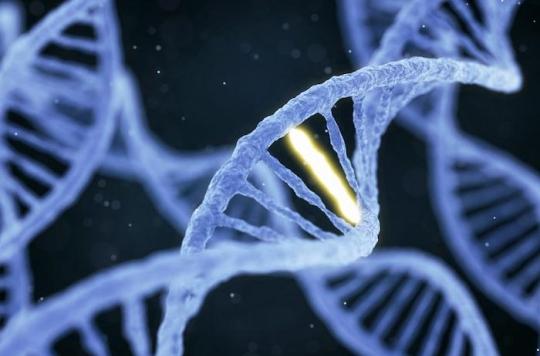Radiation exposure causes genetic modification in the children of those exposed. Researchers have recently observed it in the children of military radar operators.

The pilot study was conducted by a team of researchers involving Charité University Hospital Berlin, Berlin Institute of Health (BIH), Max Delbrück Center for Molecular Medicine, Radboud University Nijmegen in the Netherlands. Bas and the University Hospital of Bonn. Their results were published in the journal Scientific Reports.
Injured parents, handicapped children
Until the 1980s, military soldiers were not protected against the rays emitted by radar amplifier tubes. Consequently, many were infected by these rays. Several of them met to create the “Association for the support of people injured by radar beams” and to claim compensation.
Some children of these military personnel have physical disabilities due to their father’s exposure. A reality that has aroused the interest of researchers who wondered if the radiation had caused a genetic modification in those exposed.
Comparison between genomes
“Thanks to the latest high-throughput sequencing methods, it is now possible to study the complete genome of parents and their children in a short time. This allows us to determine mutation rates after exposure to much radiation. more precisely than before,” says the study’s first author, Dr. Manuel Holtgrewe.
For this, the researchers studied the genomes of twelve families of radar operators. They compared the mutation rates in the genomes to those of 28 children of unexposed parents. Their research focused on the de novo mutation, that is to say of the gene appearing in an individual when neither parent has it in their genetic heritage.
Two out of three children have a genetic modification
Result: only one in five children of unexposed parents has a de novo mutation compared to two out of three children in those in whom one of the parents was exposed. In total, twelve of these eighteen children have a genetic mutation. To this must be added two children who present a chromosomal alteration leading to serious clinical consequences.
“The results of our pilot study suggest that an accumulation of certain radiation genotype damage can in principle be demonstrated in the next generation,” says Professor Dr. Peter Krawitz from the University Hospital Bonn. The researchers have already planned a new, larger study to demonstrate the extent of cumulative radiation damage to the genotype.
.















